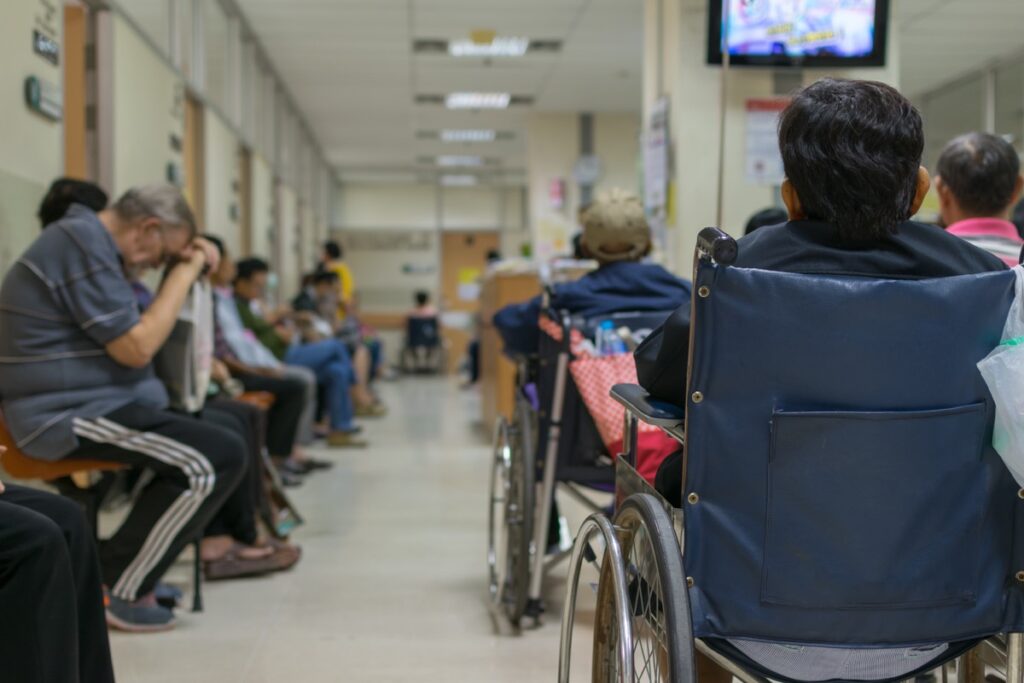
The NHS is facing major disruption to routine care due to strikes, compounded by staff holidays and warm weather, one of England’s top doctors has warned today.
Consultants across the NHS are striking on Thursday 24th and Friday 25th August, bringing almost all routine care to a standstill.
In contrast to strike action among other staff groups, no other clinicians can provide cover for consultants, so any planned care delivered by junior doctors or other healthcare professionals that requires even remote consultant supervision will need to be rescheduled.
This means a significant amount of planned care involving junior doctors will also be affected, and many services will have avoided scheduling planned appointments altogether.
The walkout by consultants follows the latest period of industrial action by junior doctors across five days last week, which saw a further 61,200 hospital appointments postponed, with the cumulative total over more than eight months of strikes now running at 839,327.
The NHS is advising people to continue to use 999 in life-threatening emergencies and NHS 111 online for other health concerns. GP services and pharmacies are also available for patients and can be accessed in the normal way.
Patients who haven’t been contacted or informed that their planned appointment has been postponed are also urged to attend as normal.
NHS national medical director for secondary care Dr Vin Diwakar said: “This latest action will again hit the NHS hard, with almost all routine care being affected.
“It also comes at a time when many staff are taking annual leave, so teams are already stretched, and some parts of the country have seen warm weather this week, which usually leads to an additional rise in demand for services, so we would ask people to take the usual precautions.
“We are working closely with unions to ensure we prioritise urgent and emergency care for patients, as ever, but there is no doubt that it becomes harder each time to bring routine services back on track following strikes, and the cumulative effect after nearly nine months for patients, staff and the NHS as a whole is enormous.”







